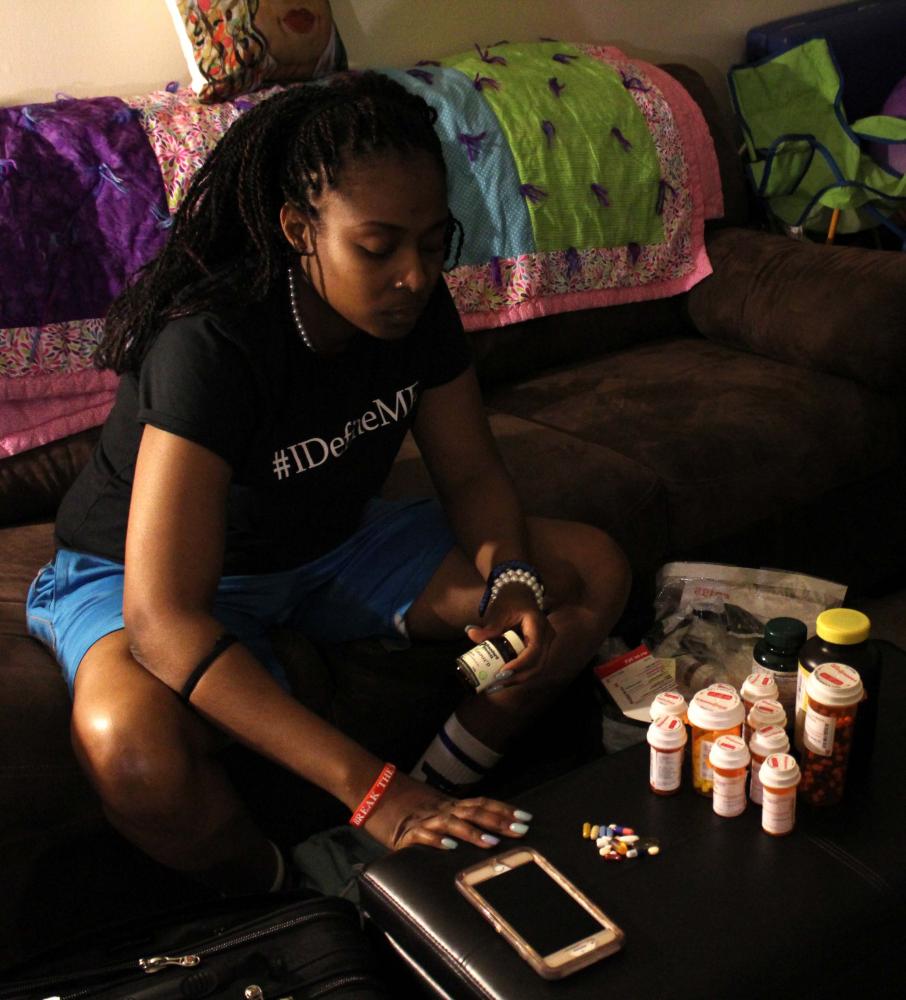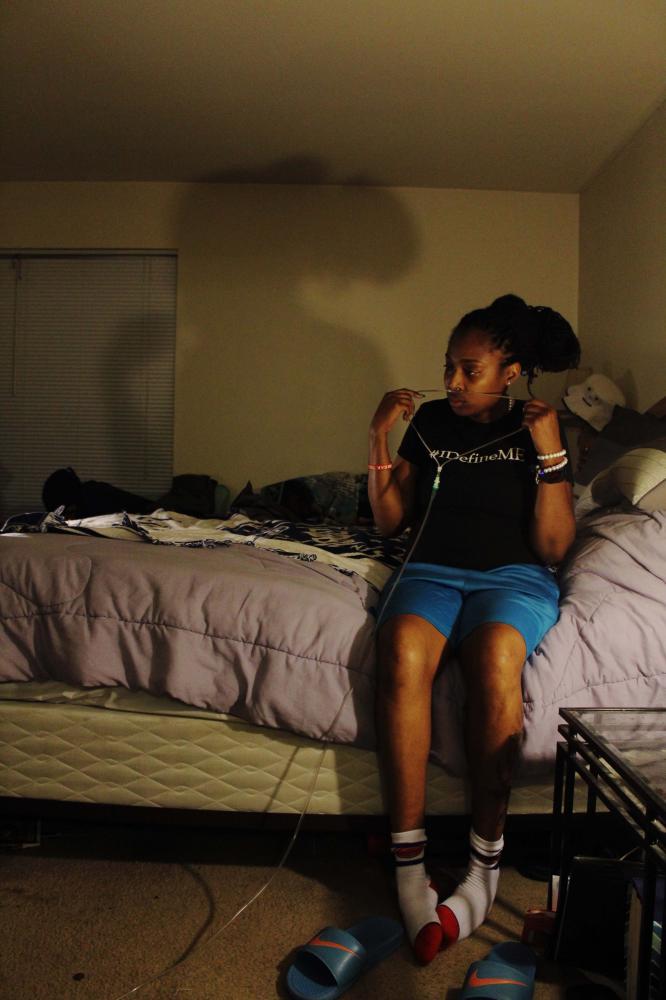Past lifespan hinders adult care for people with Sickle Cell
By Elizabeth Underwood, Maya Valentine
Transitioning from pediatric to adult care can be hard enough without having your life depend on it.
People with Sickle Cell Disease have this struggle of transition. Sickle Cell Disease is an inherited genetic disorder that affects the red blood cells, causing chronic pain crises and various health complications. Because of this, people with Sickle Cell spend a lot of their time in medical facilities.
The medical field is constantly working to increase the lifespan of patients with Sickle Cell. But with people living longer, a new need for adult hematologists specializing in the disease has increased.
Nyetta Dienagha is a resident of Columbia, Missouri, and has Sickle Cell Type SS. Her experience going from pediatric to adult care was difficult in the early 2000s.
“As a child, it wasn't bad. We had a set doctor and a set amount of nurses that, you know, were taking care of us. They knew us,” Dienagha said. “The hospital stays as I became an adult, it became harder and harder for me because then I was running into doctors that didn't know anything about Sickle Cell.”
Andre Harris, a student at Fayetteville State University in Fayetteville, North Carolina, believes that the lack of adult care practitioners that know about Sickle Cell is because most patients with the disease didn’t live past pediatrics in the past.
Quality of transitional care was further explored by a 2018 study conducted for the Blood Journal, which stated that “the majority of SCD-related deaths occur after 18 years of age and after transfer to an adult provider.” The study concluded that there is an “urgent need of improved protocols and systems in order to provide continuity and quality care during these critical transition years.”
Kevin Wake is the president of the Uriel E. Owens Sickle Cell Disease Association of the Midwest in Kansas City, Kansas, and has Sickle Cell Thalassemia. He works with hospitals and residents in the city and sees these issues first hand.
“There really isn't a good transition program that is in place for patients when they transition from pediatric care to adult care. And so because of that, I think patients living with this disease aren't managing the disease as best they could,” Wake said.
To fix these problems, many departments and publications have been studying the effects of transitional programs.
Another 2018 study for the Blood Journal explored the use of the support group model from the Centering Healthcare Institute. The study stated that the “Centering-based group care model appears to offer a promising strategy to increase health education and will facilitate a successful transition from pediatric to adult care.”
Dr. Michael Trendle, a hematologist and medical oncologist at the Ellis Fischel Cancer Center in Columbia, Missouri, agrees with the implementation of such programs to provide “social support.”
The only prominent Sickle Cell group that provides support meetings in Missouri is the Sickle Cell Association in St. Louis, founded in 2011.
Despite the prevalence of studies on transitional support for people with Sickle Cell Disease, the implementation of their solutions is something that hasn’t happened as quickly and prominently as patients feel they need.


